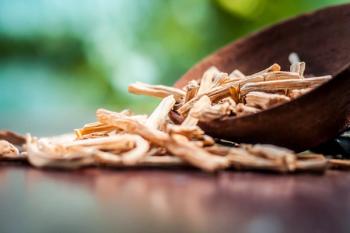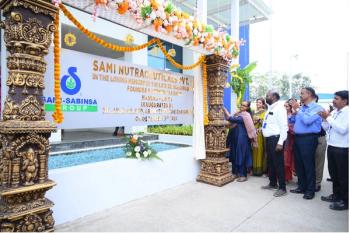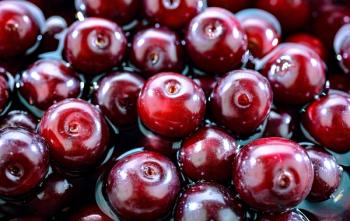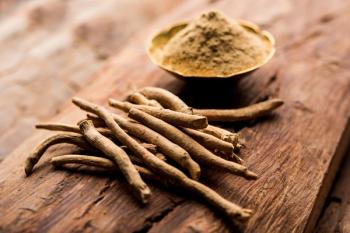
Series of Articles to Focus on Botanical Adulteration
The series is part of the new Botanical Adulterants Program.
In its fall 2011 issue of HerbalGram, nonprofit and educational organization the American Botanical Council (ABC; Austin, TX) has published the first article that is part of a new series of articles and white papers focusing on adulteration of botanical materials. The series is part of the new
The first article has been written by noted botanist, author, and photographer Steven Foster and is peer-reviewed and titled “A Brief History of Adulteration of Herbs, Spices, and Botanical Drugs.”
In a press release, ABC describes the article: “In a detailed and compellingly narrative fashion, the article describes 1st century methods of adulteration detection, the medieval Islamic practice of having an amin present during medicine preparation to ‘thwart adulteration,’ legislative reaction to botanical adulteration in 19th century Britain, and the Ginger Jake epidemic that crippled many U.S. citizens during Prohibition. Foster then outlines contemporary incidents of adulteration.”
“We commissioned Steven Foster to write this article as we believe it is important to frame the issue of accidental and intentional adulteration of botanical ingredients in the historical perspective,” stated Mark Blumenthal, ABC’s founder and executive director, in a press release. “It is essential for people to realize that adulteration is an ancient and ongoing practice: unfortunately, people have been cheating in commerce since the beginning of civilization!”
Of the Botanical Adulterants Program, Blumenthal said: “This program is the first time a wide range of members of the herb, dietary supplement, analytical laboratories, industry trade organizations, and others in various segments of the botanical industry have come together to support a self-regulatory educational process to identify and reduce the level of accidental and intentional adulteration of botanical materials used in numerous consumer goods.”
Newsletter
From ingredient science to consumer trends, get the intel you need to stay competitive in the nutrition space—subscribe now to Nutritional Outlook.




